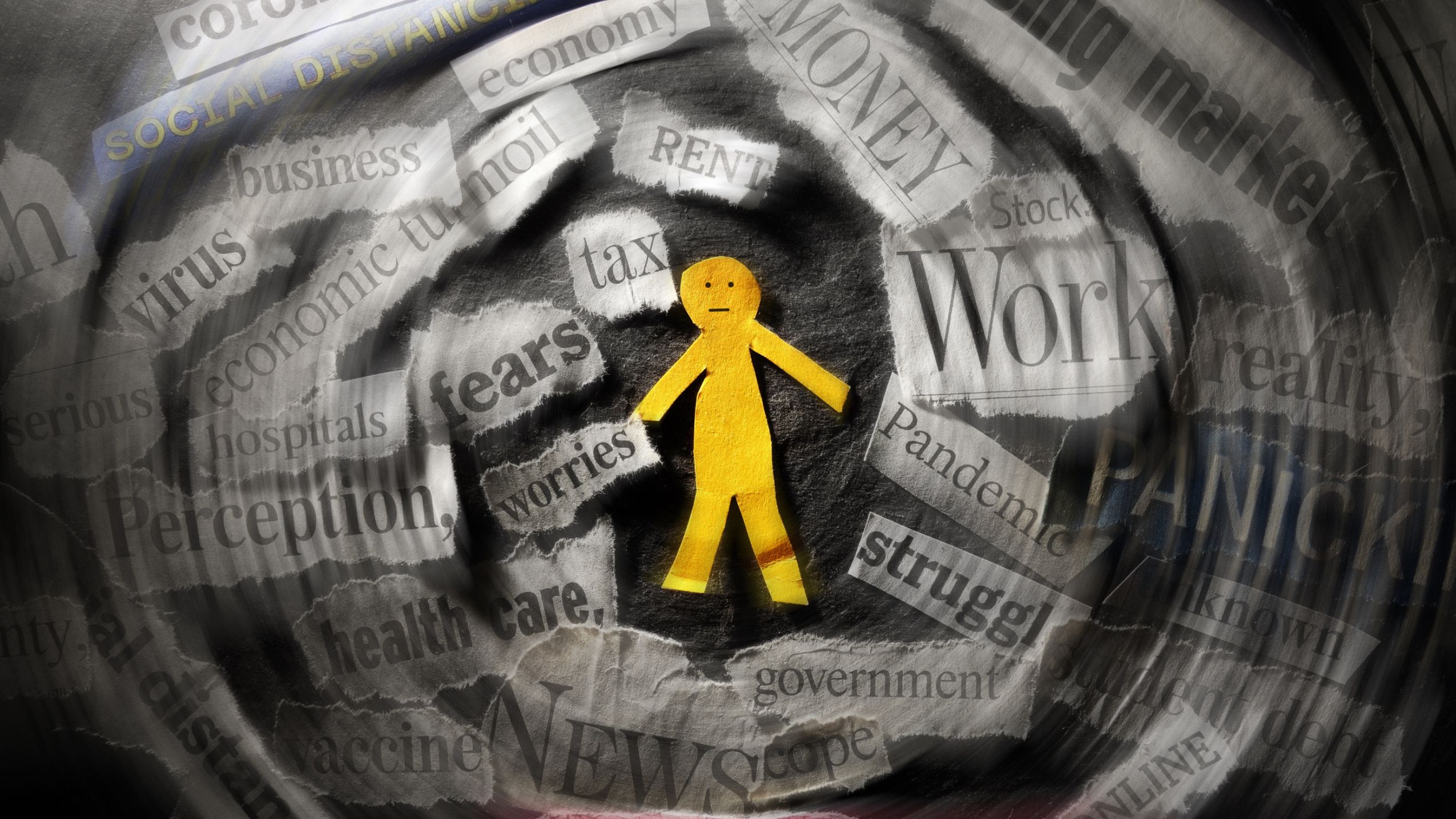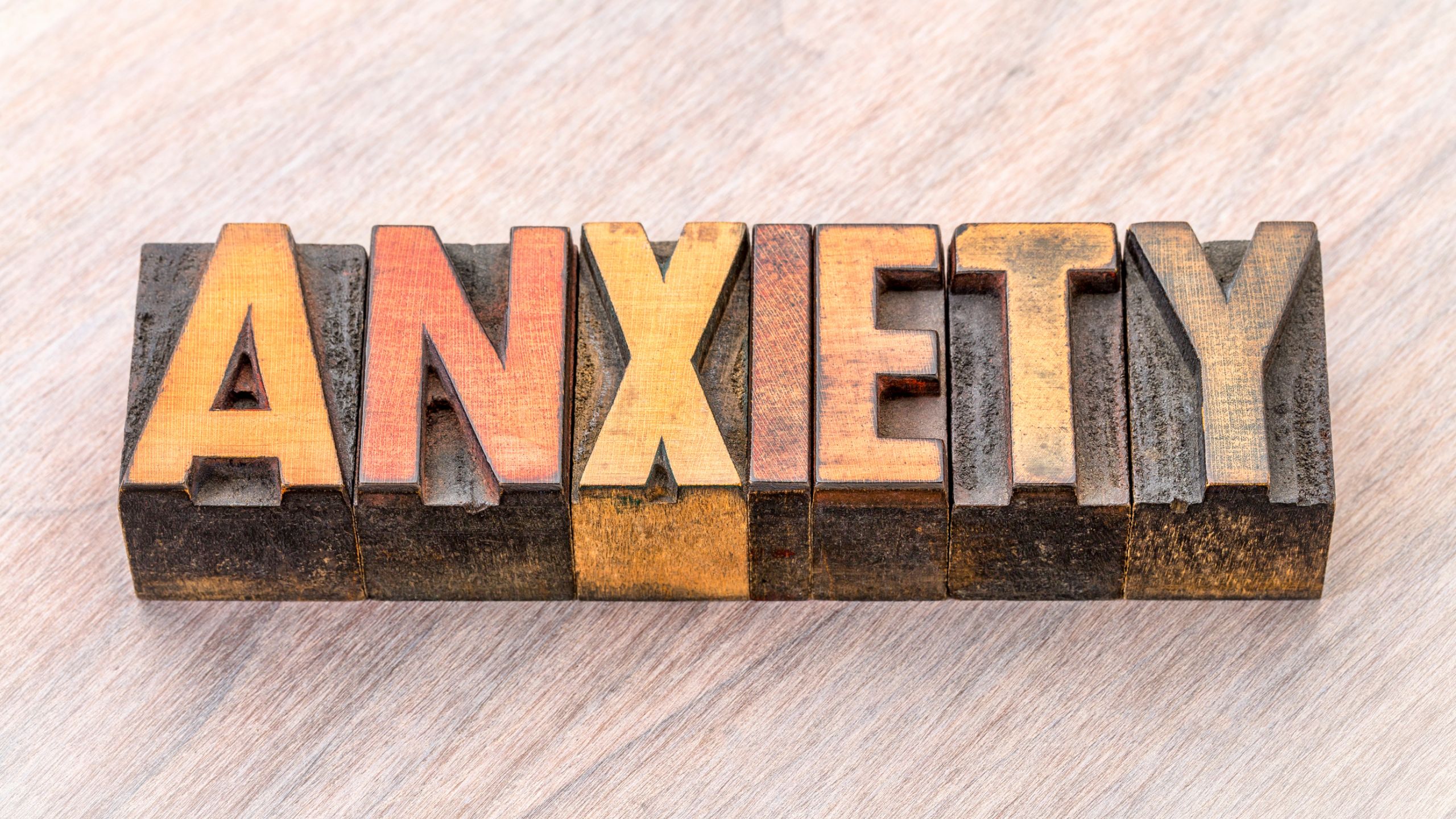How to deal with worry?

Worry is something that affects all of us at some point in our lives. It can range from a mild concern to a debilitating anxiety that interferes with our daily lives. But have you ever wondered what goes on in our brains when we worry? In this blog post, we’ll explore the neuroscience behind worry and the two types of worry that exist.
Worry is essentially a form of self-talk, an internal dialogue that we have with ourselves. It’s a way of processing information and trying to make sense of things that we find uncertain or threatening. When we worry, our brains are activated in a particular way. The amygdala, which is the part of the brain responsible for processing emotions, particularly fear, is activated. This triggers a stress response in the body, which prepares us to take action to deal with the perceived threat. Our heart rate and breathing may increase, and we may become more alert and focused.
Practical worries and hypothetical worries are two types of worries that people com...
Health impact of Stress, Anxiety, Overthinking, and Lack of sleep

Here is a chart explaining the health impact of stress, anxiety, overthinking, and lack of sleep:
| Health Impact | Stress | Anxiety | Overthinking | Lack of Sleep |
|---|---|---|---|---|
| Physical | Headaches, muscle tension, high blood pressure, weakened immune system, digestive problems | Rapid heartbeat, shallow breathing, sweating, tense muscles, digestive problems | Muscle tension, aches and pains, digestive problems, fatigue | Weakened immune system, increased risk of obesity, diabetes, cardiovascular disease |
| Mental | Mood swings, irritability, difficulty concentrating, memory problems, burnout | Worry, fear, panic attacks, obsessive thoughts, phobias | Negative self-talk, self-doubt, indecisiveness, racing thoughts, difficulty focusing | Mood swings, irritability, anxiety, depression, difficulty concentrating |
| Behavioral | Overeating or undereating, substance abuse, social withdrawal, poor time management | Avoidance, procrastination, compulsive behaviors, isolation | Avoidance, procrastination | ...
What is the 3 3 3 rule for anxiety?

Anxiety is a natural human response to stress, but when it becomes overwhelming, it can interfere with daily life. Managing anxiety requires a comprehensive approach that may include medication, therapy, and lifestyle changes. One simple and effective tool for managing anxiety is the "3 3 3 rule."
The 3 3 3 rule is a grounding technique that can help you manage feelings of anxiety in the moment. It involves focusing your attention on your surroundings and using your senses to ground yourself in the present. Here's how to use the 3 3 3 rule:
Step 1: Look around you and name three things you see.
The first step in the 3 3 3 rule is to focus on your visual surroundings. Look around you and name three things you see. These can be objects in the room, people nearby, or anything else in your immediate environment. By focusing on what's around you, you can bring your attention back to the present and reduce the feeling of being overwhelmed.
Step 2: Listen for and name three sounds you hea...
What is the best way to deal with anxiety?

Anxiety is a common condition that affects millions of people worldwide. It can manifest in a variety of ways, including physical symptoms, cognitive symptoms, and emotional symptoms. If you are struggling with anxiety, there are a number of strategies that you can use to manage your symptoms. In this blog, we'll discuss some of the best ways to deal with anxiety.
- Seek Professional Help
One of the best ways to deal with anxiety is to seek professional help. A mental health professional can help you identify the underlying causes of your anxiety and develop a treatment plan that is tailored to your needs. They may recommend therapy, medication, or a combination of both.
- Practice Mindfulness
Mindfulness is the practice of being present and fully engaged in the current moment. It can be a powerful tool for managing anxiety. When you practice mindfulness, you become more aware of your thoughts and feelings, which can help you recognize when you are experiencing anxiety and take...

